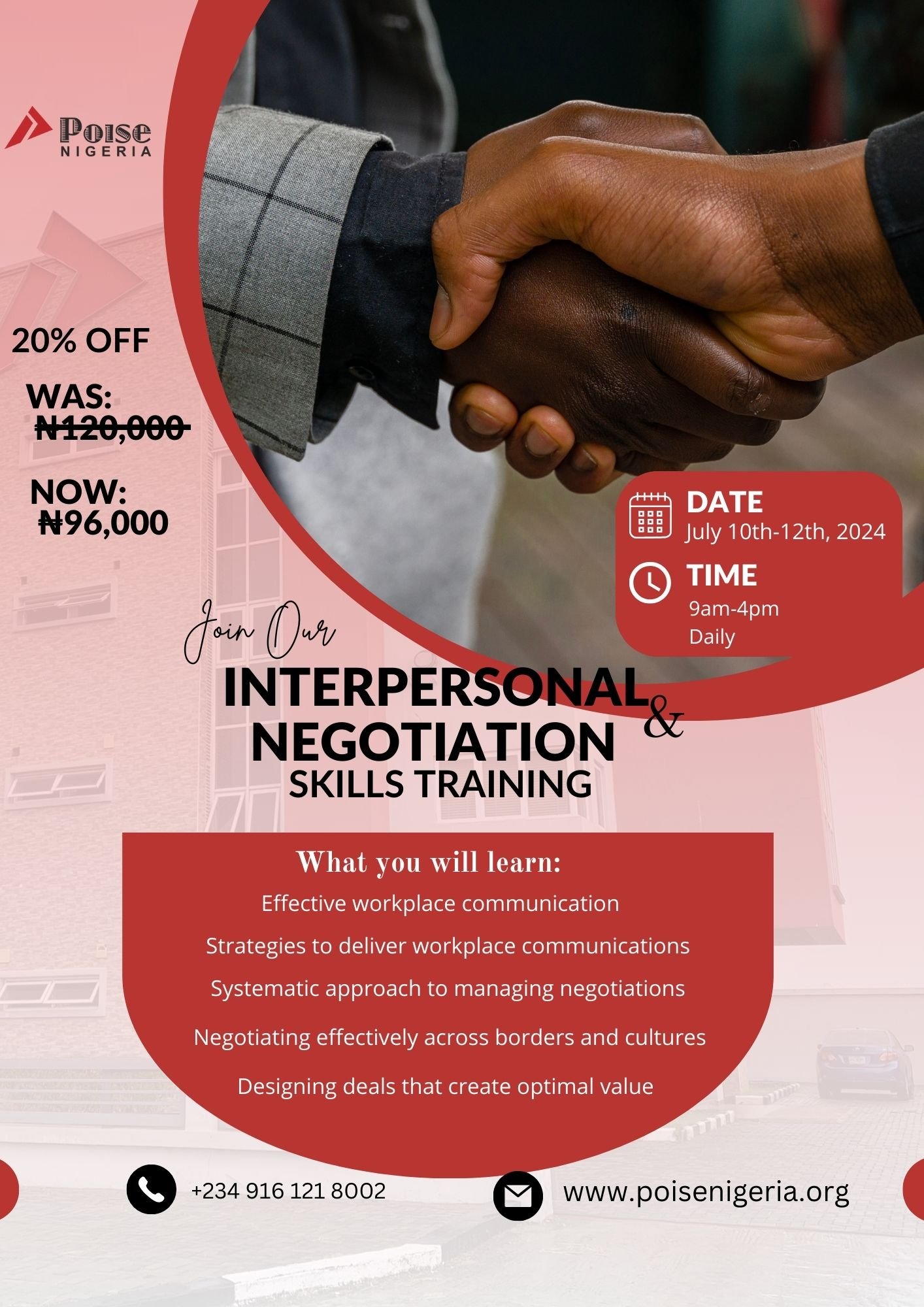Jeff Immelt, the widely respected CEO of General Electric, agrees:
‘Leadership is an intense journey into yourself. You can use your own style to get anything done. It’s about being self-aware. Every morning, I look in the mirror and say, ‘I could have done three things better yesterday.’
As the world seems to spin even faster as borders around the globe seem to dissolve, it is clear that insightful and innovative leaders are going to be in continued demand.
A leader has a difficult but important job: leading a team of unique individuals to follow a single vision and to motivate them to work collaboratively toward a common goal. Not all leaders can do this effectively.
Why do some leaders succeed while others fail?
Although there are some exceptions, most great leaders succeed because they have a high degree of emotional intelligence
. A strong leader keeps her eyes on her team, encouraging them to move beyond the status quo, and shows them the way.
Objective
- Understand why emotional intelligence is critical for leadership, team effectiveness and career development.
- Learn to analyse and improve individual, team and organisational performance using emotional intelligence.
- Understand the business case for emotional intelligence as it relates to organisational effectiveness.
- Develop emotional intelligence skills for greater business and personal results.
- Build confidence, authenticity, integrity, and the ability to inspire and ignite passion in others.









There are no reviews yet.